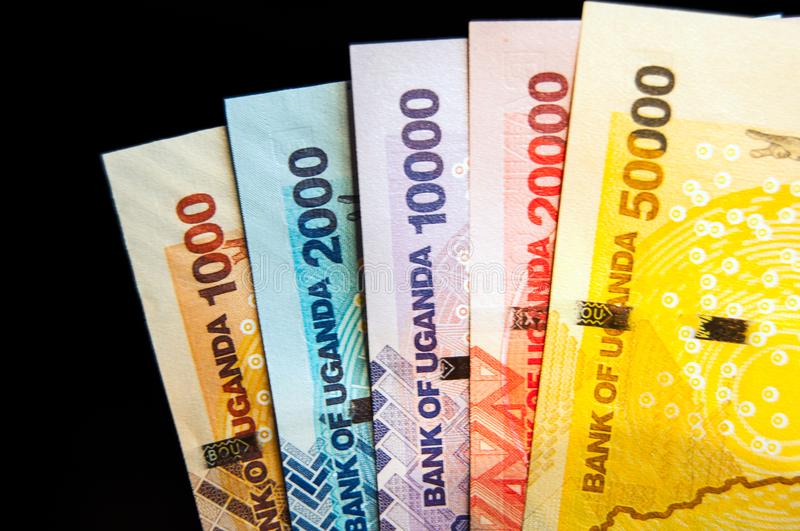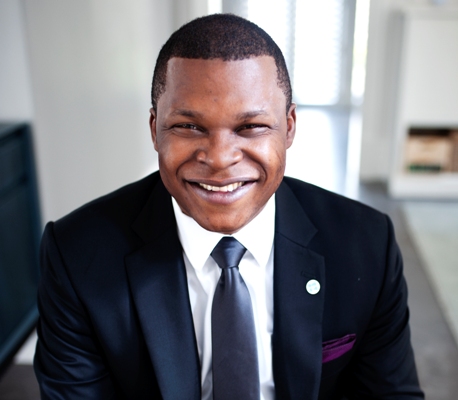By Sam Evidence Orikunda
On Tuesday, I saw a journalist interviewing the NRM Secretariat spokesperson, Rogers Mulindwa and asking him whether the forthcoming digital elections will be cheaper compared to the previous conventional ones.
Yes it’s true, the electoral bodies which are going to conduct the coming elections will not incur much costs as compared to the candidates.
In other words, most costs have now shifted to candidates. There’s no doubt now that we are going digital even when some of traditional modes of voting are upheld.
Campaigns now shift to one channel-the media. In Uganda, some media platforms are accessed by many people while several others are accessed by a few.
Therefore, the candidate must make sure that he/she has access to all those platforms in order to reach all voters.
Not all the rules set by the Electoral Commission are respected by Candidates; a lot of instructions are breached.
In instances when the instructions are breached, sometimes the EC responds and punishes those who have done contrary and sometimes they don’t.
Currently, people are in their homes and candidates must find ways of reaching out to them.
Therefore, some candidates may use radios while other may prefer other means and that’s how the house to house campaign which EC has not thought about will begin.
That kind of campaign is very hard to control and very difficult to stop at the same time because security organizations cannot manage deploying in every village and in every homestead.
Candidates will therefore be at liberty to use that kind of campaign and those who will not manage might not be able to compete with those who will be able to do house to house mobilisation.
After EC released its revised election roadmap yesterday, I heard people say there won’t be bribing of voters and I laughed at them.
There will always be a way for bribes to be given out because we commercialized our country’s politics.
The only different thing now is that bribes will be given secretly and the bribing will be more expensive for candidates.
In the past, a candidate would invite people and they would gather somewhere. He would address them and thereafter give something which they would share. Here in Kabale, we call it “Akashera”.
The kashera for many people who are gathered isn’t so expensive and it’s more effective.
Now all that has changed; if a candidate must go to different homes, he or she must leave something in that house after talking to them and asking for their votes.
We’ve been using the digital campaign before but it wasn’t so necessary like it’s going to be.
Some candidates would dodge it and put more effort on engaging people in the communities and on campaign rallies.
Even in campaign meetings, the budget for the media would be the smallest, but now everything will be going to the media. The media in its nature is very expensive, given the fact that it’s people’s business and the season for campaign comes once in five years.
Radio owners most times overcharge because of that reason. In some instances, where two candidates would become strong, the competition would be taken to the media.
Whoever doesn’t have the expertise of handling the media would lose. Therefore, media has been crucial in the past in as far influencing voters is concerned but this time it will be more crucial.
In the coming elections, a lot of things are going to happen. There will be bribing of radio moderators and the owners given the fact that they will at one time become referees of the game.
Candidates will use the money to win the favour of those “referees” and others will use their authority to be favoured.
The rivals to the ‘powerful’ people and rich people will find it difficult to get through this coming election. Some will be suffocated and indirectly fought to forcefully change the minds or the choice of the voters.
The writer is an aspiring western youth member of Parliament.





